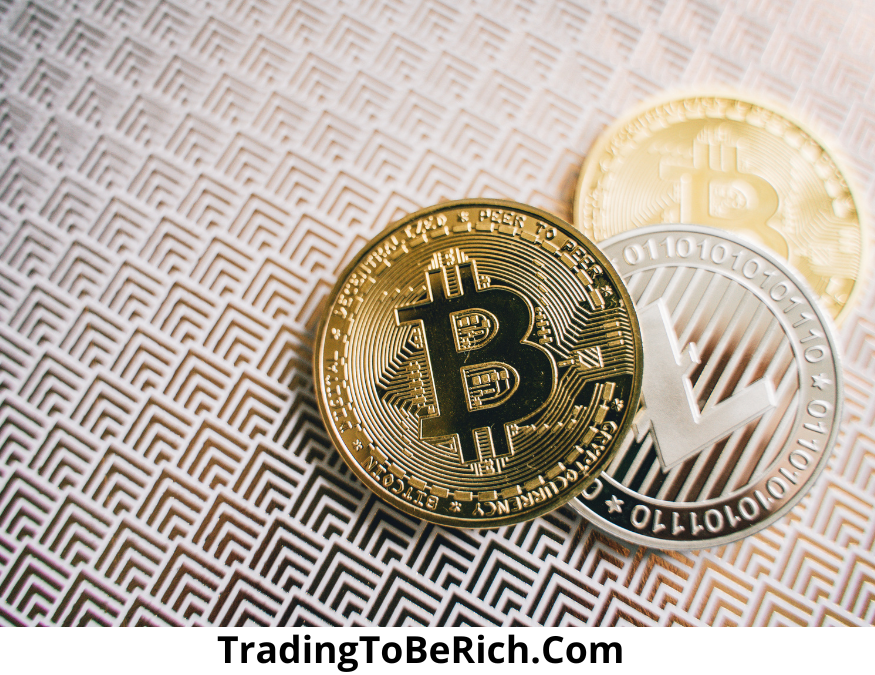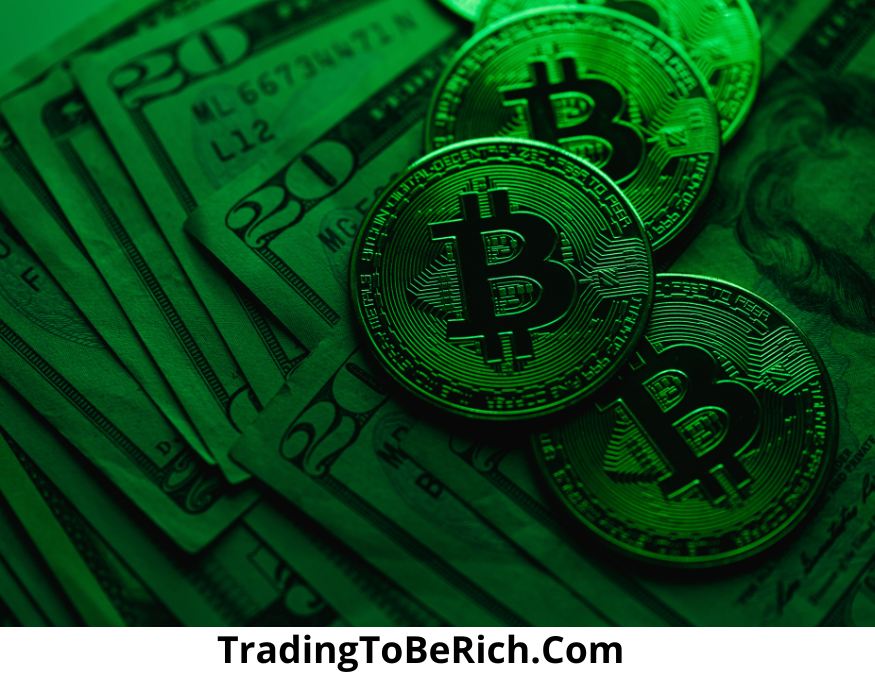What is The DeFi Revolution : A Beginner’s Guide
Welcome to the world of DeFi, where decentralized finance is transforming the way we think about money. If you’re new to this exciting space, you’re in the right place.
This guide will walk you through what DeFi is, its benefits, and how to get started.
Table of Contents
What is DeFi ?
DeFi, short for Decentralized Finance, refers to a financial system that operates on a blockchain network, typically Ethereum. Unlike traditional finance, which relies on intermediaries like banks, DeFi allows users to access financial services directly from their wallets. This includes lending, borrowing, trading, and more, all without the need for a central authority.
Key Components of DeFi
- Decentralized Exchanges (DEXs): Platforms like Uniswap and SushiSwap allow users to trade cryptocurrencies without the need for a centralized exchange.
- Decentralized Lending Platforms: Services like Aave and Compound enable users to lend and borrow assets without traditional financial institutions.
- Yield Farming: A strategy where users provide liquidity to DeFi platforms in exchange for rewards, often in the form of additional tokens.
- Stablecoins: Cryptocurrencies that are pegged to the value of a stable asset, like the US dollar, to provide stability in the volatile crypto market.

How DeFi Works
DeFi operates on smart contracts, which are self-executing contracts with the terms of the agreement directly written into code. These contracts automate the execution of financial transactions, ensuring transparency and security. Here’s how it works:
Smart Contracts
- Smart contracts are the backbone of DeFi, enabling automated and secure transactions.
- They are written in code and executed on a blockchain, ensuring that all participants follow the agreed-upon rules.
- Smart contracts eliminate the need for intermediaries, reducing costs and increasing efficiency.
Blockchain Technology
- Blockchain technology provides the decentralized infrastructure that supports DeFi.
- It ensures that all transactions are transparent, secure, and immutable.
- Popular blockchains for DeFi include Ethereum, Binance Smart Chain, and Polkadot.
Can Ethereum Beat Bitcoin ? A Comprehensive Guide to Investing in Crypto
Can Ethereum Beat Bitcoin ? A Comprehensive Guide to Investing in Crypto
Benefits of DeFi
DeFi offers numerous benefits that make it an attractive alternative to traditional finance. Here are some of the key advantages:
Accessibility
- DeFi is accessible to anyone with an internet connection and a digital wallet.
- It eliminates the need for traditional financial institutions, making financial services available to the unbanked and underbanked.
- With DeFi, users can access financial services from anywhere in the world, 24/7.
Transparency
- All transactions on the blockchain are transparent and can be verified by anyone.
- This transparency builds trust and reduces the risk of fraud.
- Users can see exactly how their funds are being used and by whom.
Security
- DeFi uses cryptographic techniques to secure transactions, making them highly resistant to hacking.
- Smart contracts automate transactions, reducing the risk of human error.
- Users have full control over their funds, eliminating the need to trust intermediaries.
Efficiency
- DeFi transactions are processed quickly and efficiently, often within minutes.
- There are no middlemen, reducing transaction costs and speeds up the process.
- Automated smart contracts ensure that transactions are executed exactly as agreed.

Getting Started with DeFi
Ready to dive into the world of DeFi? Here’s a step-by-step guide to help you get started:
Step 1: Understand the Basics
- Start by learning the basics of blockchain technology and cryptocurrencies.
- Familiarize yourself with key DeFi terms and concepts, such as smart contracts, decentralized exchanges, and yield farming.
- Read up on the latest DeFi trends and developments to stay informed.
Step 2: Set Up a Digital Wallet
- A digital wallet is essential for interacting with DeFi platforms.
- Choose a reputable wallet that supports the blockchain you plan to use, such as Ethereum or Binance Smart Chain.
- Ensure your wallet is secure by using a strong password and enabling two-factor authentication.
Step 3: Acquire Cryptocurrency
- Buy cryptocurrency using a reputable exchange or peer-to-peer platform.
- Transfer your cryptocurrency to your digital wallet.
- Consider starting with a small amount to get a feel for how DeFi works.
Step 4: Explore DeFi Platforms
- Research and choose a DeFi platform that suits your needs, such as a decentralized exchange or lending platform.
- Connect your digital wallet to the DeFi platform.
- Start by using the platform to trade, lend, or borrow assets.
Step 5: Monitor and Manage Your Investments
- Keep track of your investments and monitor the performance of your DeFi assets.
- Regularly review your portfolio and make adjustments as needed.
- Stay informed about market trends and news that could impact your investments.

FAQ
What is the total value locked (TVL) in DeFi?
As of the latest data, the total value locked (TVL) in DeFi is over $100 billion, indicating the significant amount of capital flowing into DeFi platforms.
How secure is DeFi?
DeFi is highly secure due to its use of blockchain technology and smart contracts. However, it is important to use reputable platforms and follow best security practices to protect your assets.
What are the risks associated with DeFi?
DeFi comes with several risks, including smart contract vulnerabilities, market volatility, and regulatory uncertainty. It is crucial to do thorough research and consider these risks before participating.
How do I choose the right DeFi platform?
Choosing the right DeFi platform depends on your specific needs and goals. Consider factors such as fees, security, user interface, and the platform’s reputation. Reading reviews and comparing features can help you make an informed decision.
What are some popular DeFi platforms?
Some popular DeFi platforms include Uniswap, Aave, Compound, and SushiSwap. These platforms offer a range of financial services, from decentralized exchanges to lending and borrowing.
How can I stay informed about DeFi trends?
Staying informed about DeFi trends involves following reputable news sources, joining DeFi communities, and participating in forums and discussions. Keeping up with the latest developments will help you make informed decisions.
Congratulations! You’ve taken your first steps into the exciting world of DeFi. With its potential to revolutionize finance, DeFi offers a new way to think about money and financial services. Stay curious, stay informed, and enjoy the journey!

